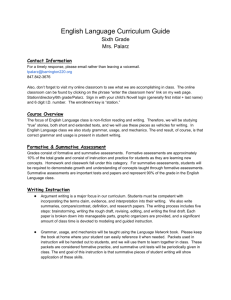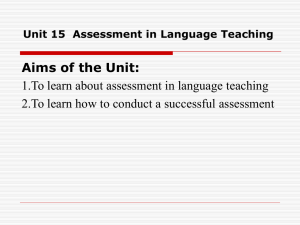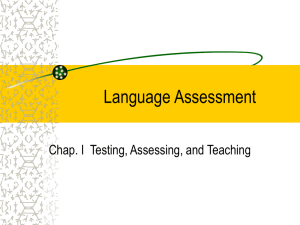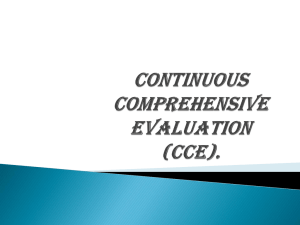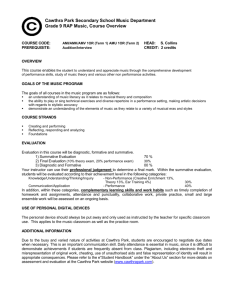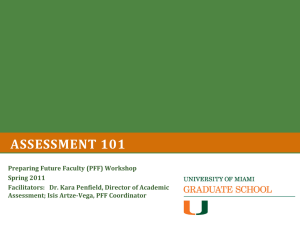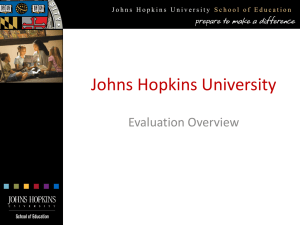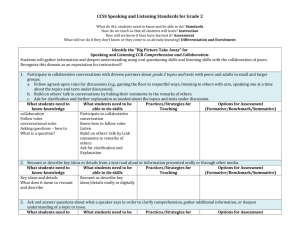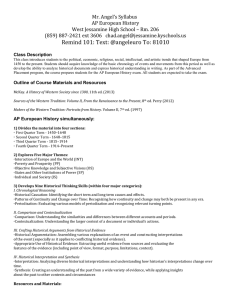6th English-Language
advertisement
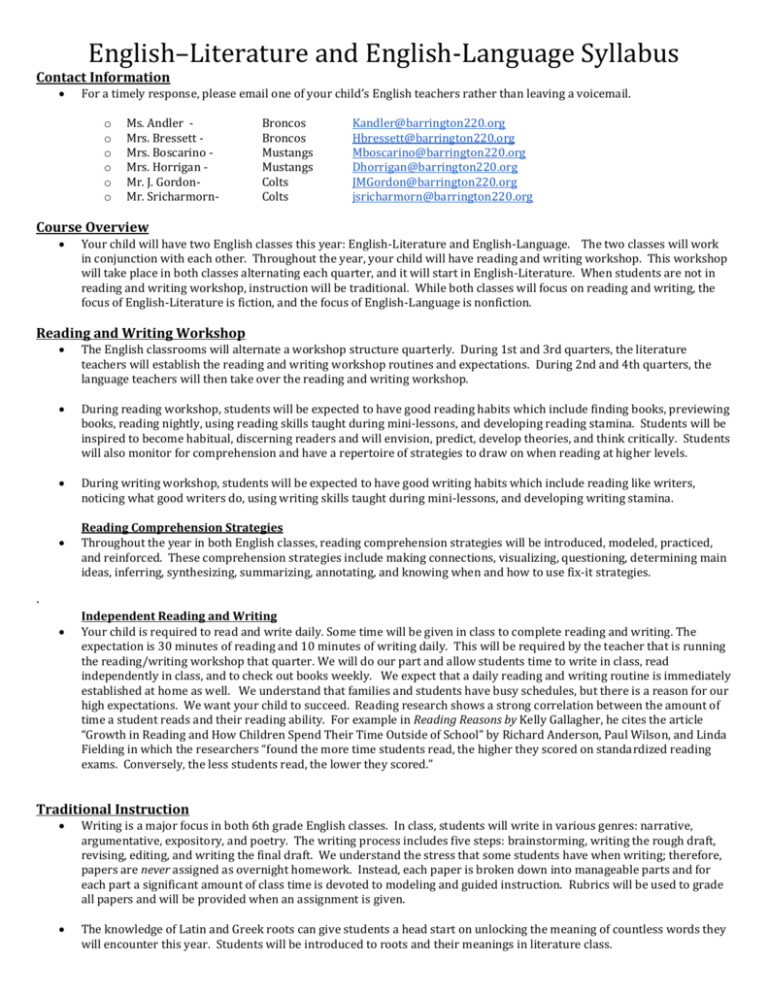
English–Literature and English-Language Syllabus Contact Information For a timely response, please email one of your child’s English teachers rather than leaving a voicemail. o o o o o o Ms. Andler Mrs. Bressett Mrs. Boscarino Mrs. Horrigan Mr. J. GordonMr. Sricharmorn- Broncos Broncos Mustangs Mustangs Colts Colts Kandler@barrington220.org Hbressett@barrington220.org Mboscarino@barrington220.org Dhorrigan@barrington220.org JMGordon@barrington220.org jsricharmorn@barrington220.org Course Overview Your child will have two English classes this year: English-Literature and English-Language. The two classes will work in conjunction with each other. Throughout the year, your child will have reading and writing workshop. This workshop will take place in both classes alternating each quarter, and it will start in English-Literature. When students are not in reading and writing workshop, instruction will be traditional. While both classes will focus on reading and writing, the focus of English-Literature is fiction, and the focus of English-Language is nonfiction. Reading and Writing Workshop The English classrooms will alternate a workshop structure quarterly. During 1st and 3rd quarters, the literature teachers will establish the reading and writing workshop routines and expectations. During 2nd and 4th quarters, the language teachers will then take over the reading and writing workshop. During reading workshop, students will be expected to have good reading habits which include finding books, previewing books, reading nightly, using reading skills taught during mini-lessons, and developing reading stamina. Students will be inspired to become habitual, discerning readers and will envision, predict, develop theories, and think critically. Students will also monitor for comprehension and have a repertoire of strategies to draw on when reading at higher levels. During writing workshop, students will be expected to have good writing habits which include reading like writers, noticing what good writers do, using writing skills taught during mini-lessons, and developing writing stamina. Reading Comprehension Strategies Throughout the year in both English classes, reading comprehension strategies will be introduced, modeled, practiced, and reinforced. These comprehension strategies include making connections, visualizing, questioning, determining main ideas, inferring, synthesizing, summarizing, annotating, and knowing when and how to use fix-it strategies. · Independent Reading and Writing Your child is required to read and write daily. Some time will be given in class to complete reading and writing. The expectation is 30 minutes of reading and 10 minutes of writing daily. This will be required by the teacher that is running the reading/writing workshop that quarter. We will do our part and allow students time to write in class, read independently in class, and to check out books weekly. We expect that a daily reading and writing routine is immediately established at home as well. We understand that families and students have busy schedules, but there is a reason for our high expectations. We want your child to succeed. Reading research shows a strong correlation between the amount of time a student reads and their reading ability. For example in Reading Reasons by Kelly Gallagher, he cites the article “Growth in Reading and How Children Spend Their Time Outside of School” by Richard Anderson, Paul Wilson, and Linda Fielding in which the researchers “found the more time students read, the higher they scored on standardized reading exams. Conversely, the less students read, the lower they scored.” Traditional Instruction Writing is a major focus in both 6th grade English classes. In class, students will write in various genres: narrative, argumentative, expository, and poetry. The writing process includes five steps: brainstorming, writing the rough draft, revising, editing, and writing the final draft. We understand the stress that some students have when writing; therefore, papers are never assigned as overnight homework. Instead, each paper is broken down into manageable parts and for each part a significant amount of class time is devoted to modeling and guided instruction. Rubrics will be used to grade all papers and will be provided when an assignment is given. The knowledge of Latin and Greek roots can give students a head start on unlocking the meaning of countless words they will encounter this year. Students will be introduced to roots and their meanings in literature class. In both English classes, grammar will be taught through various mini-lessons and will focus on how to improve student writing. To assess grammar, there will be formative checkpoints along the way and then the application of the rules will be assessed in the summative student papers. Course Assessment All assignments will fall into two categories: formative and summative. Formative assignments may include, but are not limited to homework, assignment checkpoints, or quizzes, and will be worth 10% of a student’s overall grade. Summative assessments are large-scale projects, papers, or tests and typically take place at the end of a quarter to demonstrate a child’s learning. While there will be formative checkpoints along the way, these account for only 10% of a student’s overall grade, and the summative assignments will be worth 90% of a student’s overall grade. Therefore, when a student’s summative assessment is entered into Infinite Campus, it will heavily impact a student’s final grade. Rubrics for papers, projects, and presentations will have clear guidelines of how a specific assignment is graded. The students and their teacher will go over a rubric together in class and clear expectations will be set. Your child should be looking over his/her rubric before, during, and after working on a paper, project, or presentation. The rubric should be used as a guide and a checklist. Our grading scale follows the standard grading scale. What You Should See at Home Your child is expected to read at least 30 minutes a night and write in his or her journal at least 10 minutes a night. Even if you feel your child is already a good reader, your child needs to increase the amount of words they read each year. This expectation ties in with current reading research. Again in Reading Reasons, Kelly Gallagher cites Richard Anderson, Paul Wilson, and Linda Fielding in their article “Growth in Reading and How Children Spend Their Time Outside of School” that states, “Researchers found that students who scored in the 98th percentile read on the average of ninety minutes a day, which translates to reading nearly five million words a year.” While we do not feel that we can ask students to read ninety minutes a night, we do feel that asking students to read thirty minutes a night is a great start! Your child should charge their IPAD NIGHTLY! As each paper is broken down into manageable parts, students may be expected to continue the writing that was started in class. This student writing will be found on their Google drive which is accessible both at school and home. We highly encourage you to check in with your student regarding their writing. How to Help Your Child The best way for you to know the homework is to look at our websites. From the Prairie website (www.barrington220.org/prairie), click on “Directory” on the top bar, click on “6 Grade,” and then click on a specific teacher’s name. Once on the website, click the “Homework” button. You will see a calendar. Please be aware that calendars are to be used as a guideline; the most accurate homework record is your child’s planner, which is his or her responsibility to complete at the beginning of each period. th Formative Work: Not having daily homework or incomplete homework will result in a zero in the online grade book. Teachers will not track down students for missing formative work. This includes absences; it is the responsibility of the student to advocate for himself or herself. Students have two days to make up any work missed for every day that they have had an excused absence. Summative Work: Culminating assignments such as papers, projects, and presentations will be accepted late as they are 90% of a student’s overall grade. Communication of Progress Your child’s grades are posted online through Infinite Campus, and you are able to access your child’s grades at any time. We also expect your child to review his/her grades on a regular basis. An actual report card will be issued quarterly through your child’s advisory and for the midterm, you will be sent an email letting you know that it is the midpoint of the quarter and to check your child’s online grades. Additionally, if your child is receiving a C- or below in either English class, you will be sent a specific email regarding this. Please remember that your child’s final quarter grade may be different than your child’s midterm grade due to his/her summative assessment grades.

